Remains of 100 victims of Anfal to be returned to the Kurdistan Region
Kurdistan 03:25 PM - 2022-07-27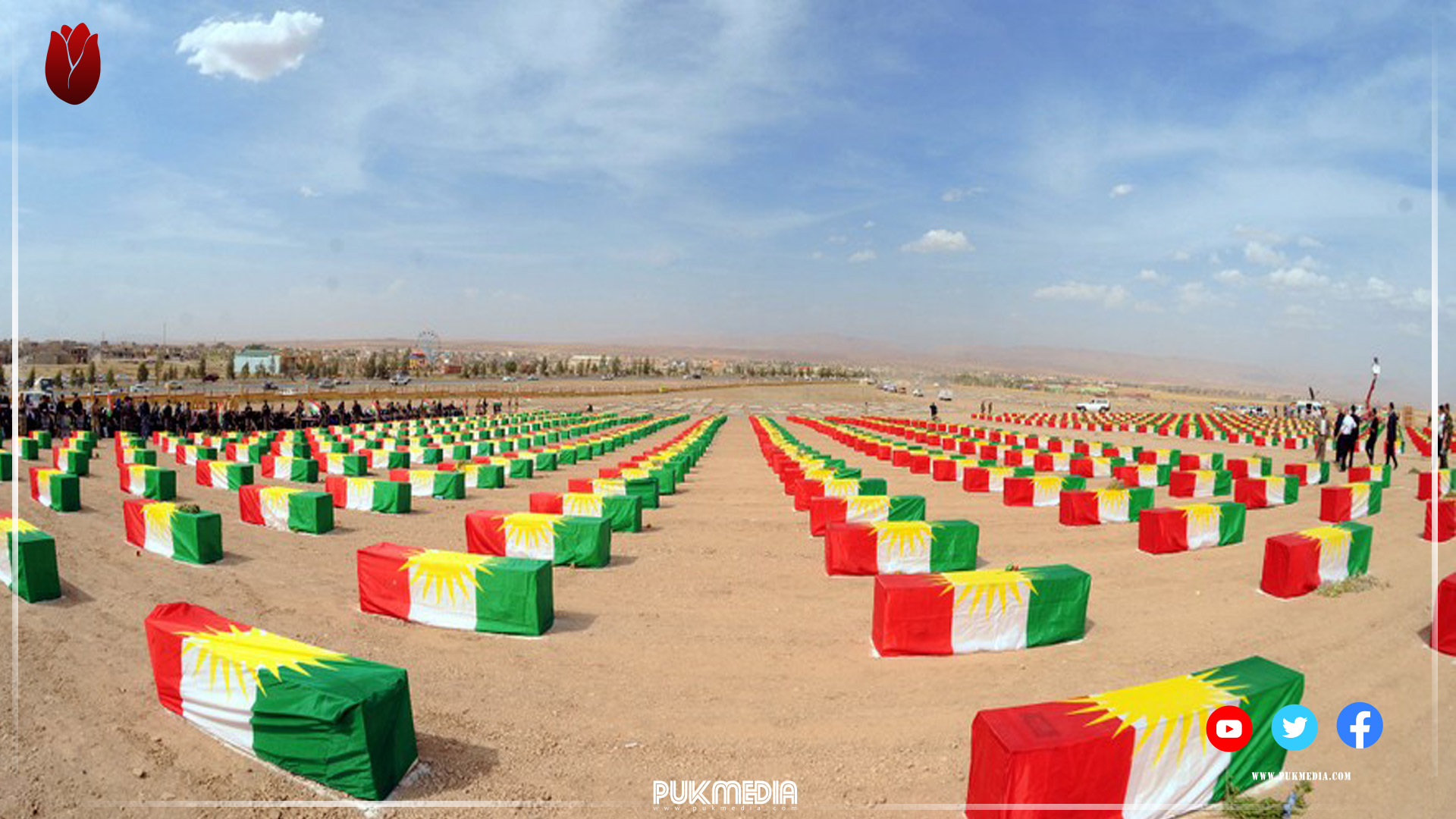
It is scheduled to return the remains of 100 victims of Anfal, next Sunday, to the Kurdistan Region.
An informed source who declined to be named told PUKmedia that a special ceremony will be held next Sunday on the occasion of returning the remains of 100 victims of the Anfal genocide, whose remains were found in mass graves in the deserts of Arar, southern Iraq.
He added that DNA tests were conducted in the Iraqi capital of Baghdad to find out the identities of the remains.
The Anfal Campaign, also known as the Kurdish Genocide, Operation Anfal, or simply Anfal, was a genocidal campaign against the Kurdish people (and other non-Arab populations) in the Kurdistan Region led by the fallen Ba'athist Iraqi President Saddam Hussein and headed by Ali Hassan al-Majid or Chemical Ali (who executed the Halabja chemical attack) in the final stages of Iran-Iraq War.
The campaign takes its name from Surat al-Anfal in the Qur'an, which was used as a code name by the former Iraqi Baathist government for a series of systematic attacks against the Kurdish population of northern Iraq, conducted between 1986 and 1989 and culminating in 1988. The campaign also targeted other minority communities in Iraq including Assyrians, Shabaks, Iraqi Turkmens, Yazidis, Jews, Mandeans, and many villages belonging to these ethnic groups were also destroyed.
Sweden, Norway, and the United Kingdom officially recognize the Anfal campaign as genocide. On December 5, 2012, the Swedish parliament Riksdag adopted a resolution by the Green party to officially recognize Anfal as genocide. The resolution was passed by all 349 members of parliament. On February 28, 2013, the British House of Commons formally recognized the Anfal as genocide following a campaign led by Conservative MP Nadhim Zahawi.
The Anfal campaign carried out by the dictatorial regime of Saddam Hussein against the Kurdish civilian population began on February 22, 1988, and continued until September 6 of the same year, and is considered one of the most dangerous pages of government mass killing in the history of Baathist rule in Iraq. The army and regular forces directly, including (the First Corps, which was based in Kirkuk, the Fifth Corps, which was based in Erbil), the Air Force, the Special Forces, the Republican Guard, the Commando Forces, the security and intelligence services, military intelligence, the chemical and biological weapons departments, in addition to all service departments that have been put in the service of carrying out these operations.
The Anfal crimes that killed over 182,000 innocent Kurdish people began with military operations and were divided into eight stages. The first phase of the campaigns began in the Slemani region on February 22, 1988, and the final phase of the Anfal campaigns, known as the Anfal conclusion, was in the Badinan region on September 6, 1988. All kinds of internationally prohibited weapons were used during the Anfal campaign, especially chemical weapons such as mustard, cyanide, nerve gas, and phosphorous.
PUKmedia
More news
-
UAE Classifies Khor Mor Attack as Terrorism, International Violation
07:49 PM - 2024-04-27 -
Officials Call for Urgent Investigation Into Khor Mor Gas Field Attack
10:31 PM - 2024-04-26 -
Another International Report Mentions Kurdistan's Limited Freedom
09:24 PM - 2024-04-25 -
U.S. State Department Mentions Deterioration of Journalists' Rights in Iraq & Kurdistan
06:48 PM - 2024-04-25
see more
Khor Mor Drone Attack Sparks International Reaction
11:04 AM - 2024-04-27
10 Notable Individuals Receive Golden Bla Award
09:27 PM - 2024-04-23
DPM Talabani Asks Turkish President to Lift Ban on Sulaymaniyah Airport
11:43 AM - 2024-04-23
Iraqi & Turkish Presidents: Problems Should Be Resolved Through Dialogue
05:00 PM - 2024-04-22
Most read
-
Khor Mor Drone Attack Sparks International Reaction
Kurdistan 11:04 AM - 2024-04-27 -
Officials Call for Urgent Investigation Into Khor Mor Gas Field Attack
Kurdistan 10:31 PM - 2024-04-26 -
UAE Classifies Khor Mor Attack as Terrorism, International Violation
Kurdistan 07:49 PM - 2024-04-27 -
Yemen Reveals Khor Mor Victims' Names
Kurdistan 07:28 PM - 2024-04-27

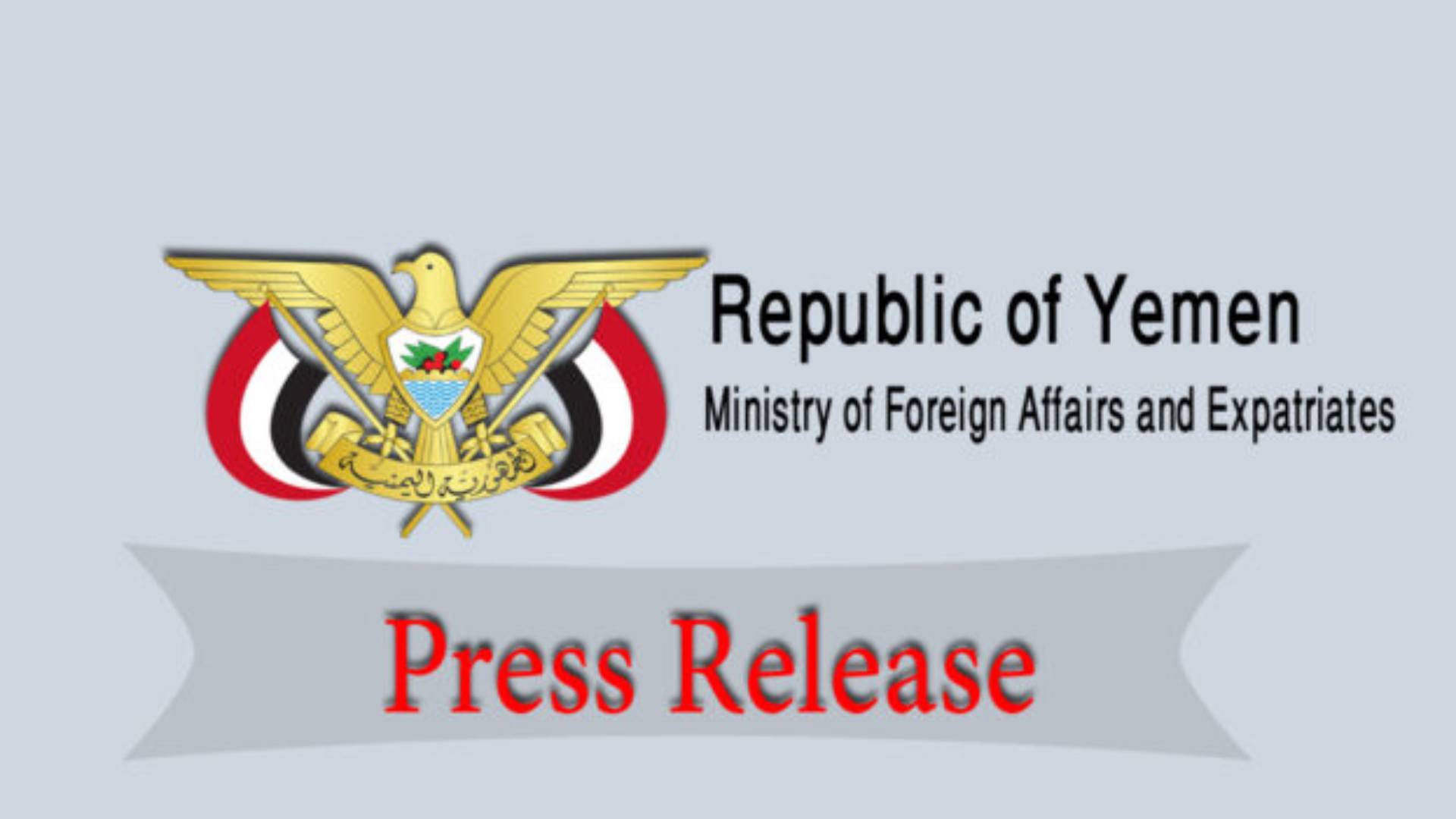
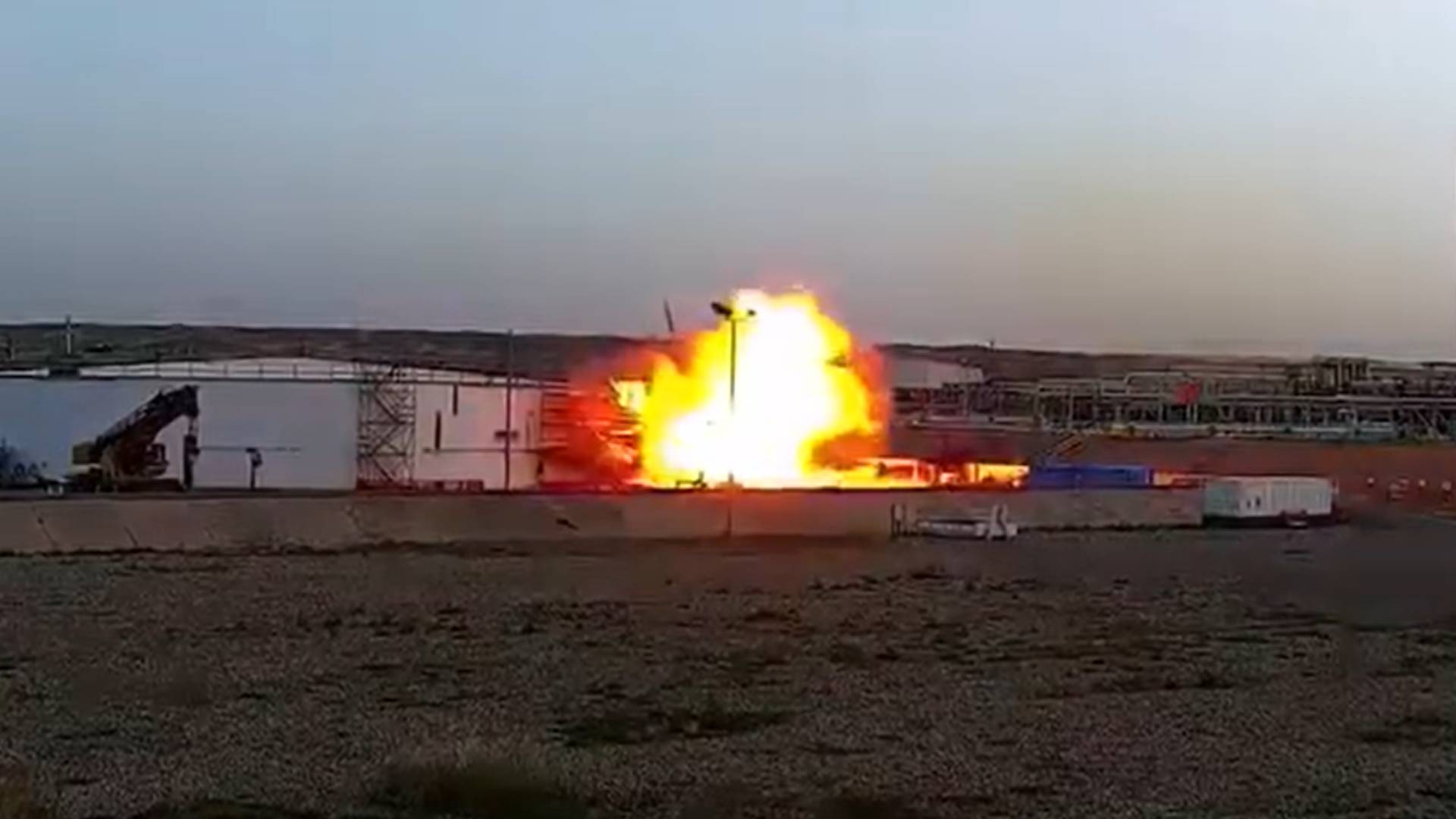
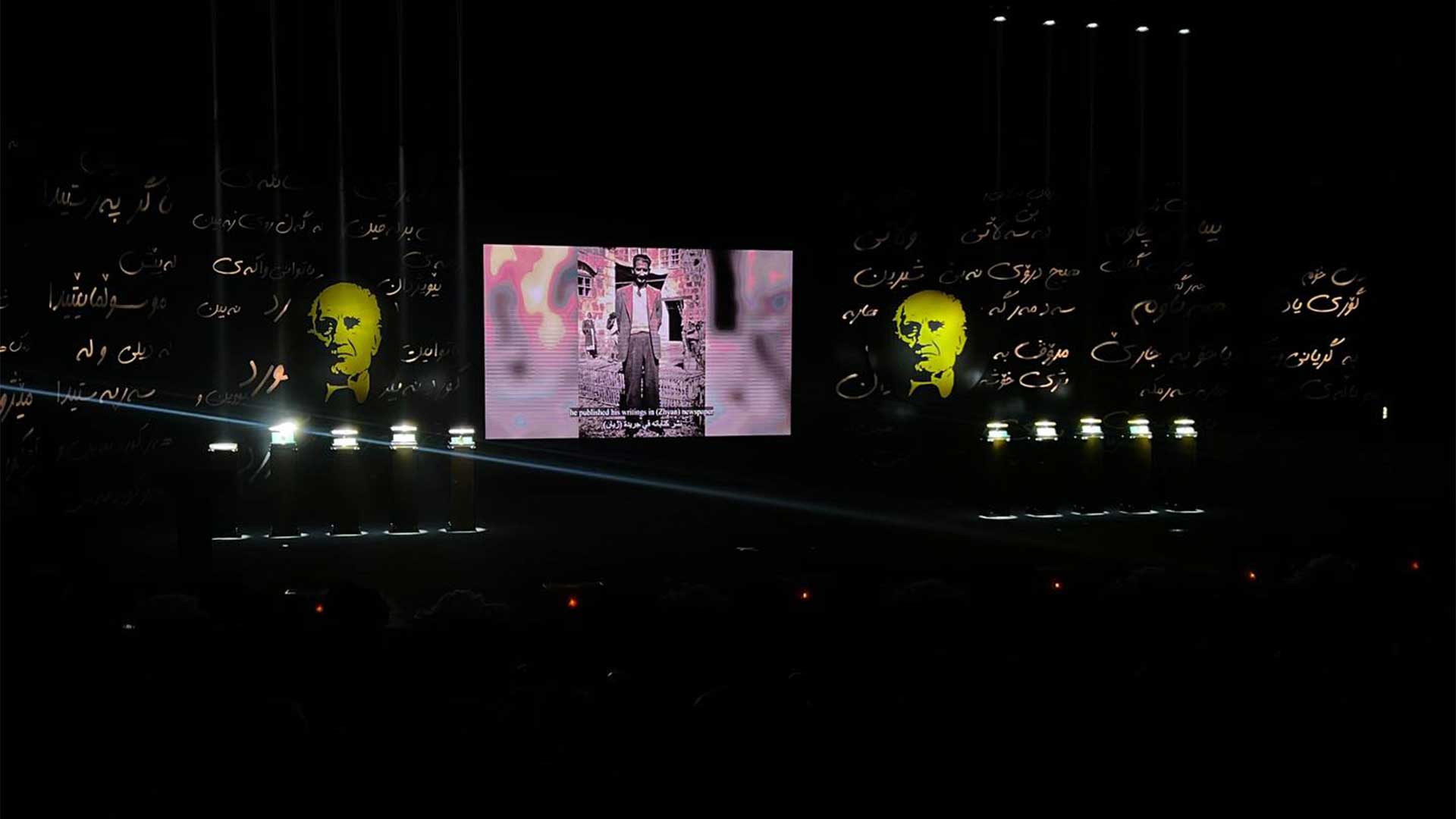
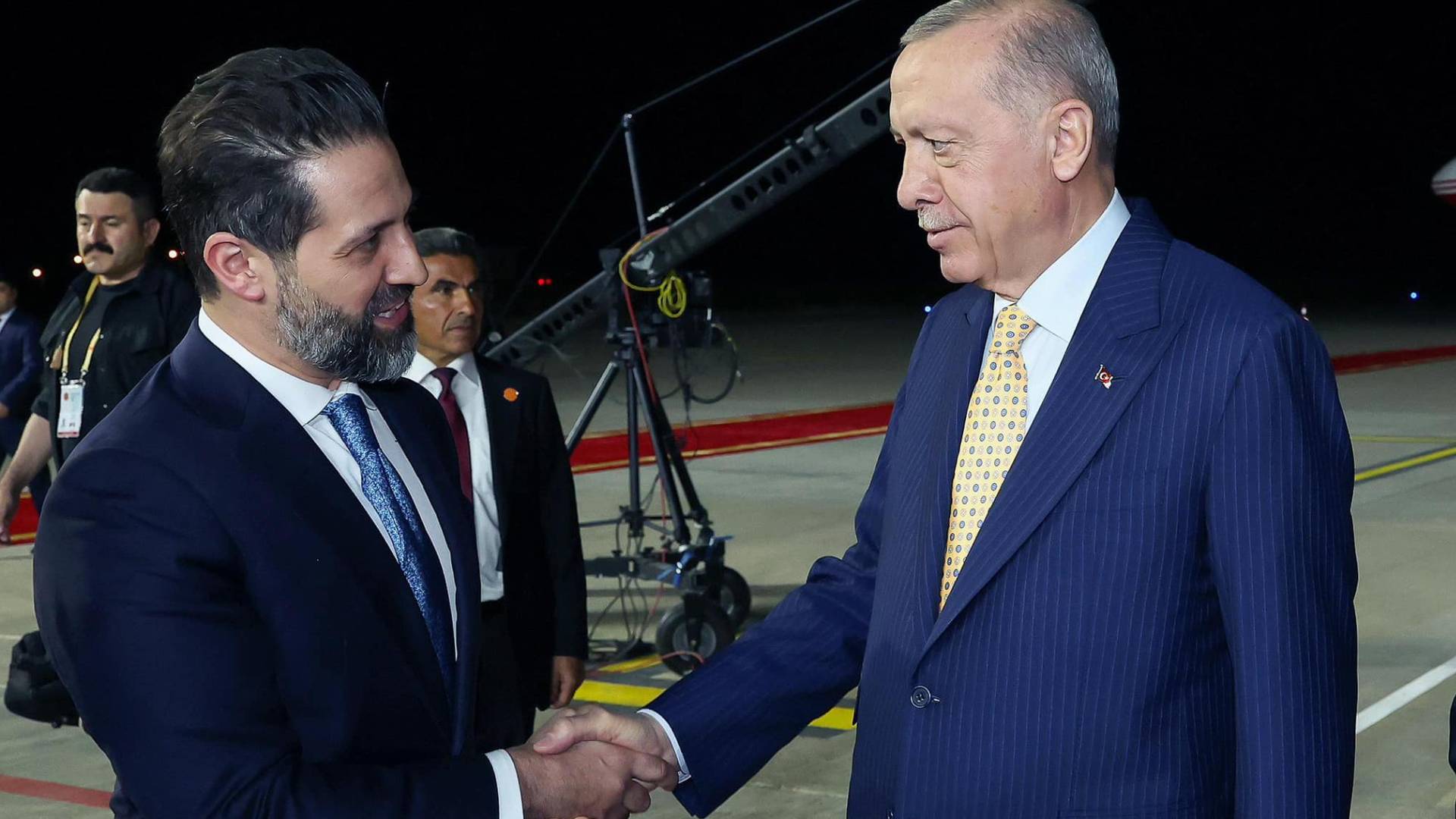
.jpg)
 Application
Application


